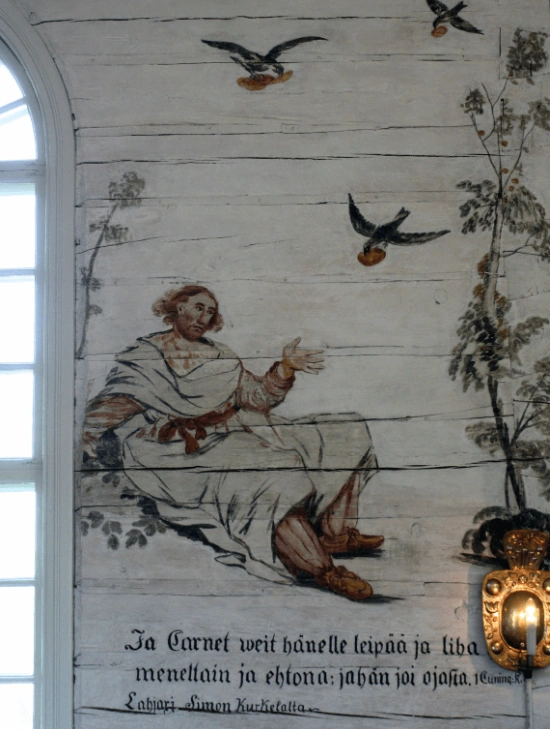Elijah (referred to as Elias in the New Testament) was the renowned prophet sent to the split kingdoms of Israel and Judah. His first appearance is in Chapter 17 of I Kings where he comes to speak to Ahab, king of Israel. He contends with Ahab, and Ahab’s wife Jezebel, and later Ahab’s son Ahaziah. These contentions have passed down to us in many well known stories.
In II Kings, Chapter 2, Elijah is carried up to heaven in a chariot of fire, and his mantle is given to Elisha, his disciple and successor. Elijah represents the Lord as He comes to us in the Word, that is, the way we think about the Lord when we read the Word (especially the prophetic parts of the Word). Elijah and John the Baptist are similar in their symbolic meaning.
(References: Arcana Coelestia 5247 [6], 6752, 9372 [2])







